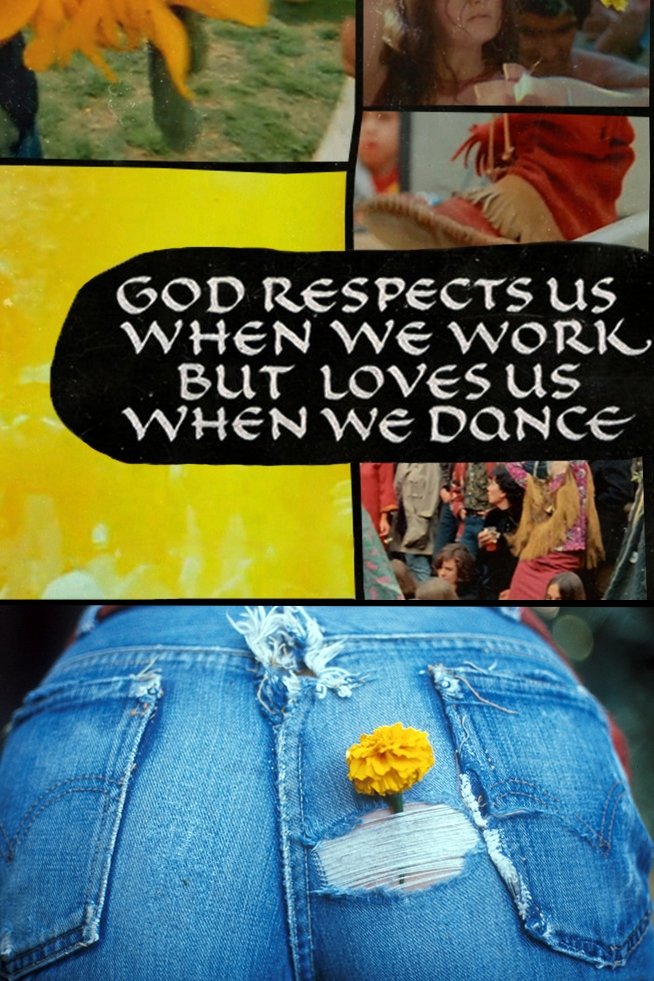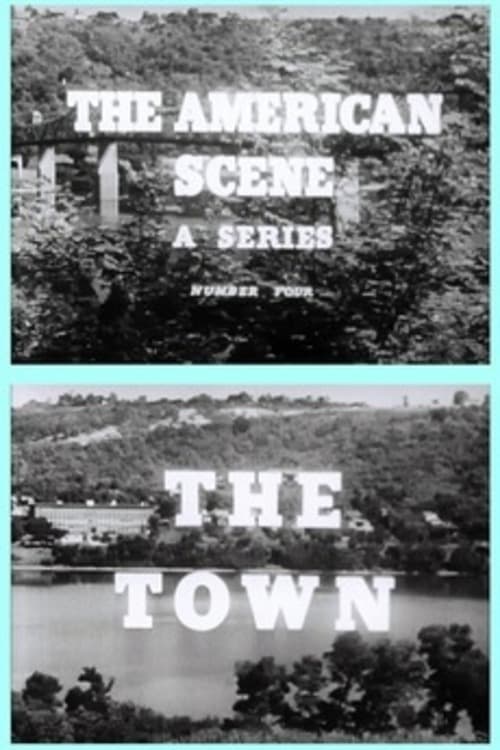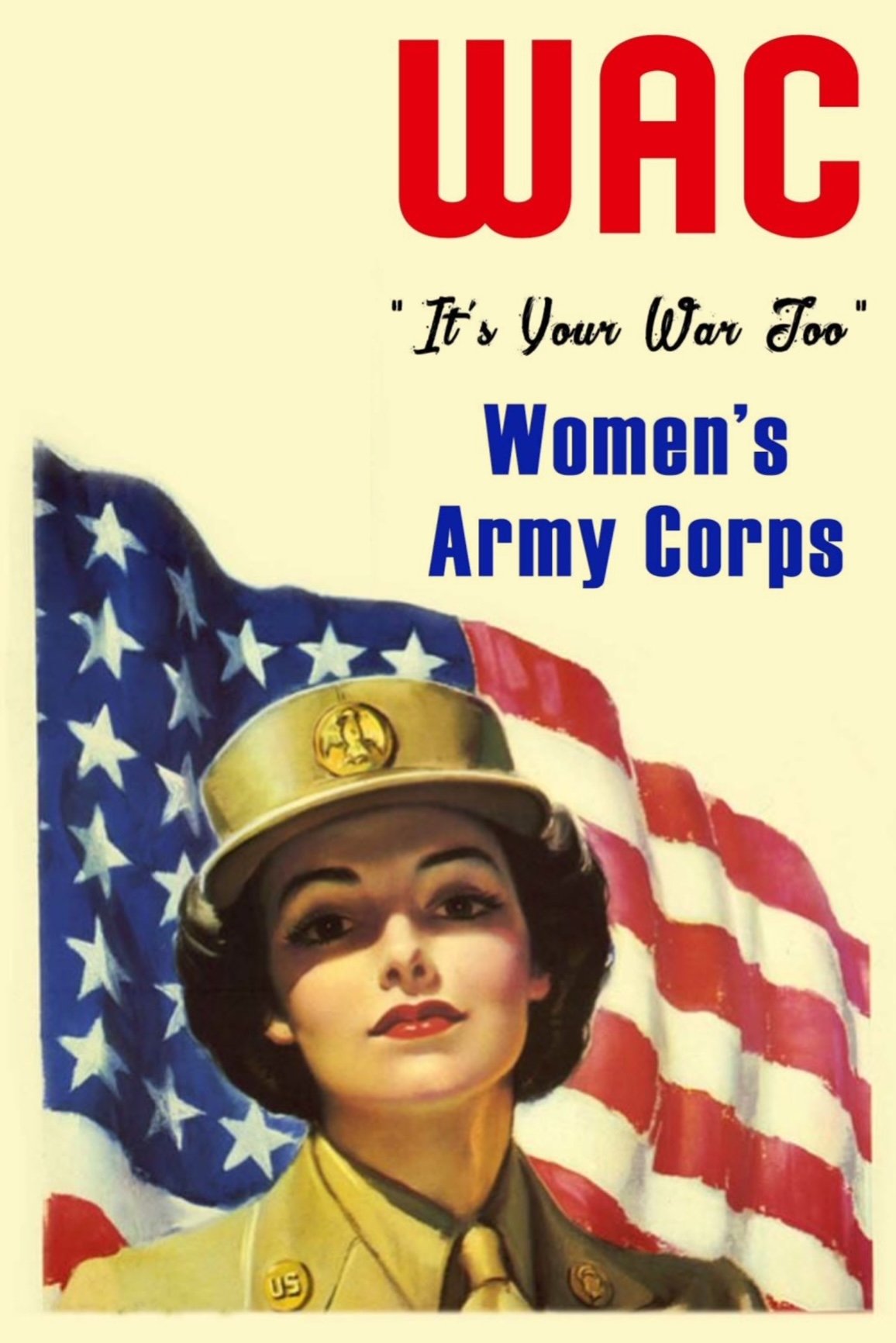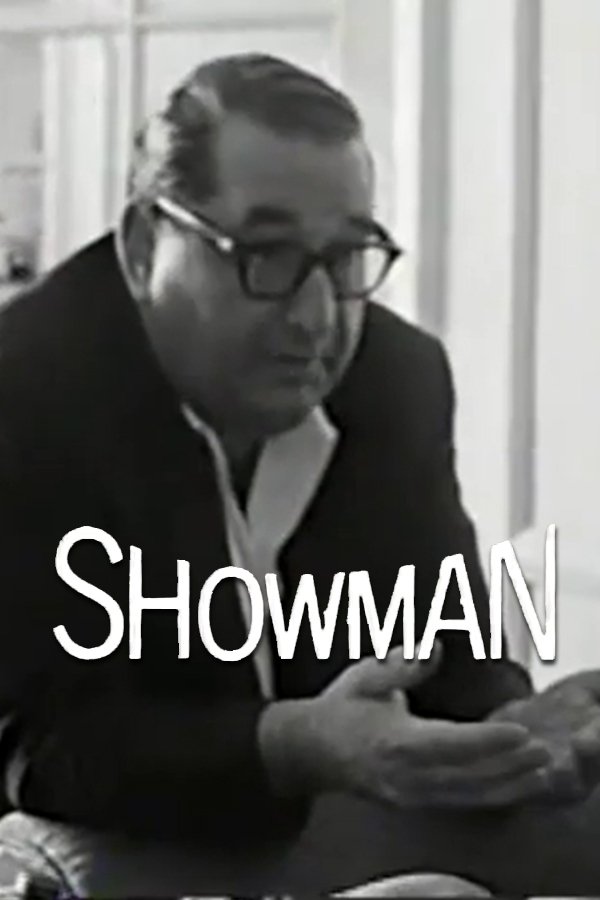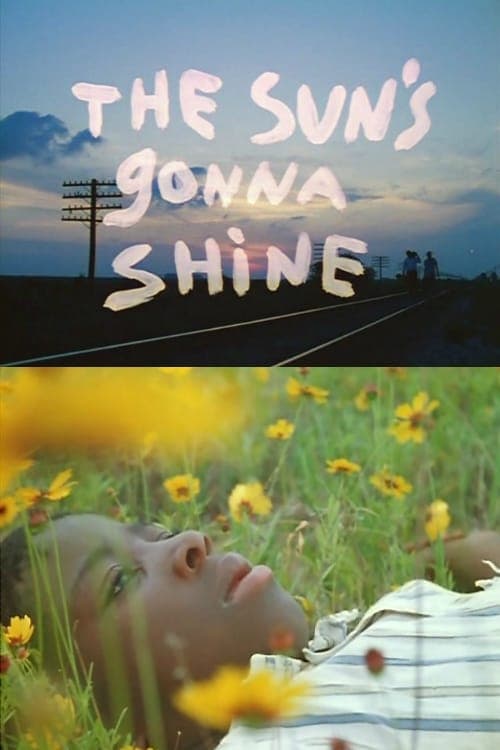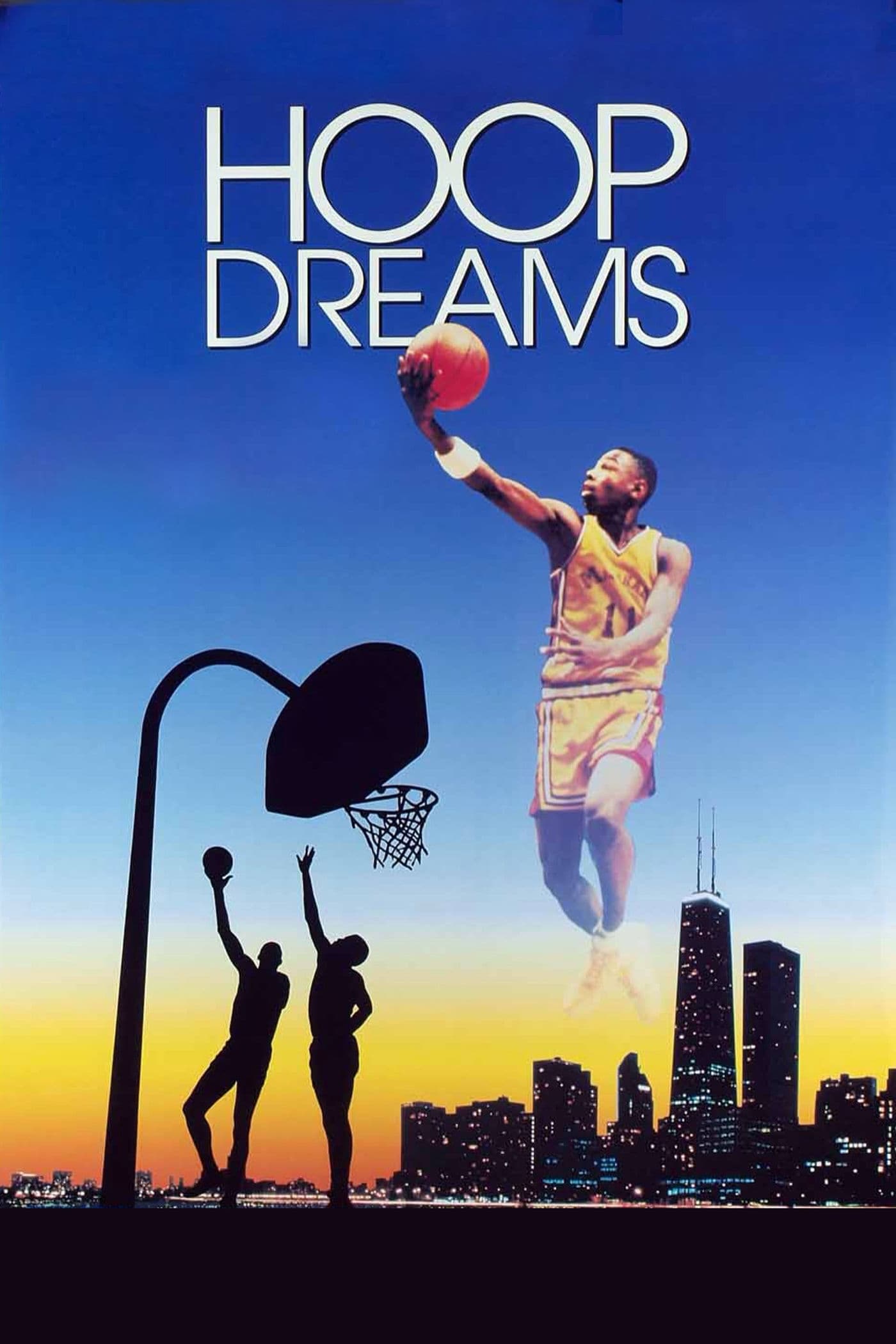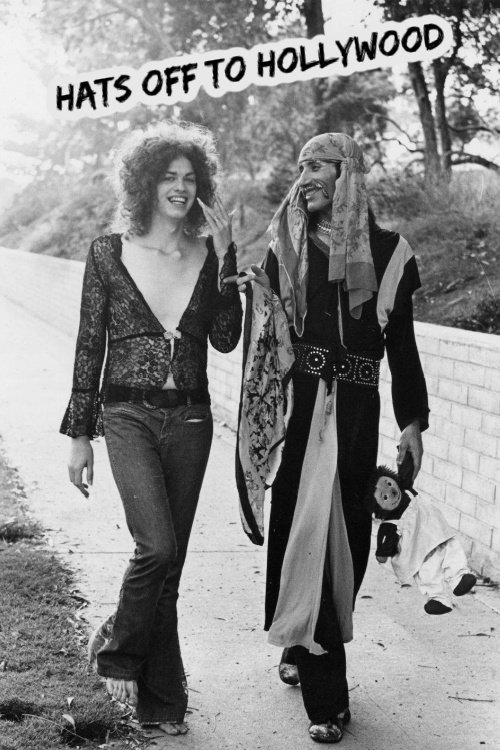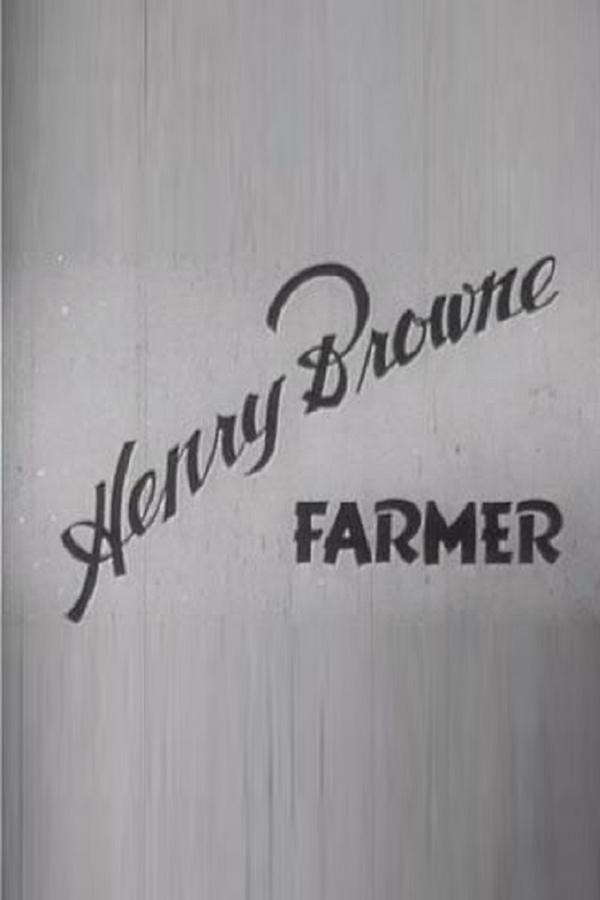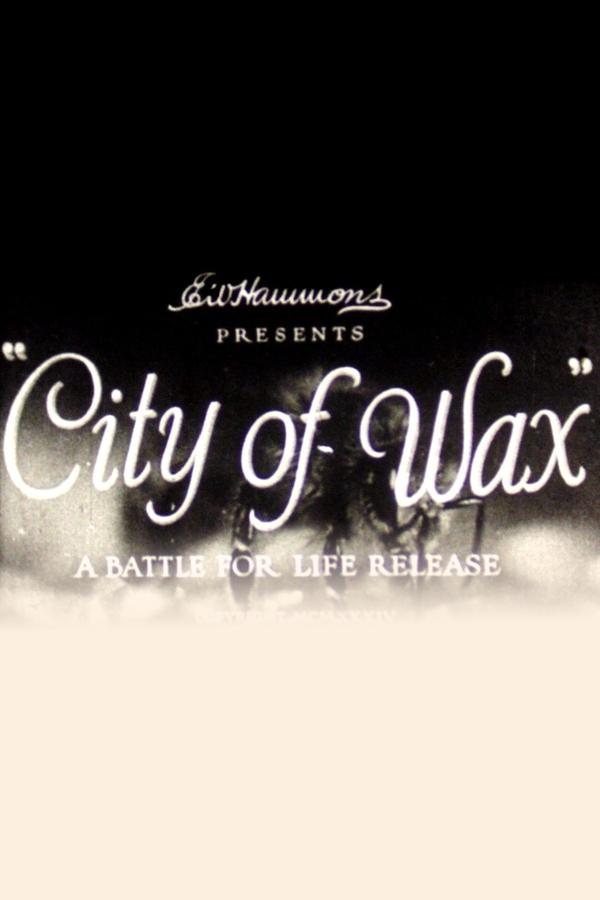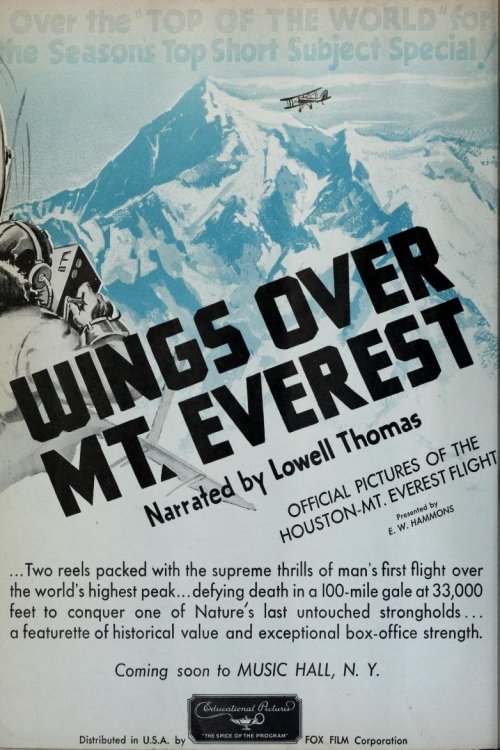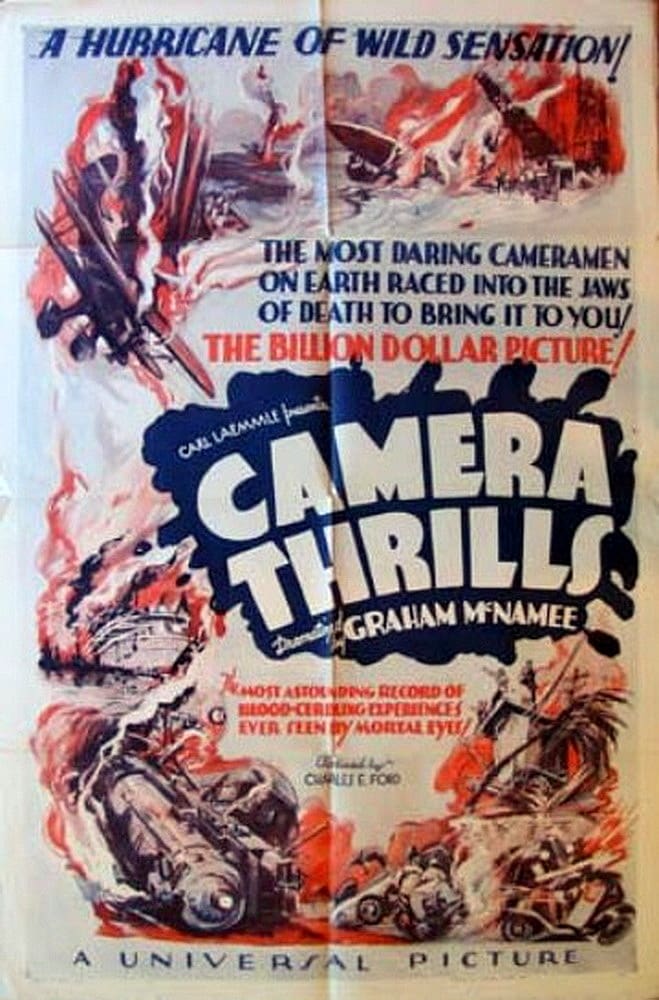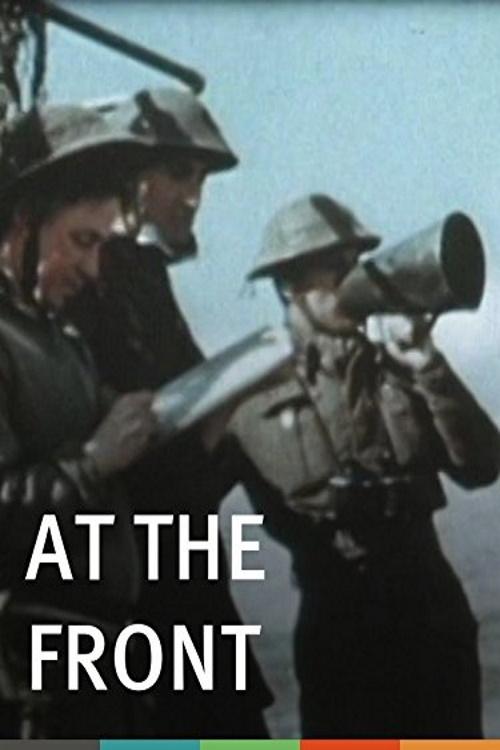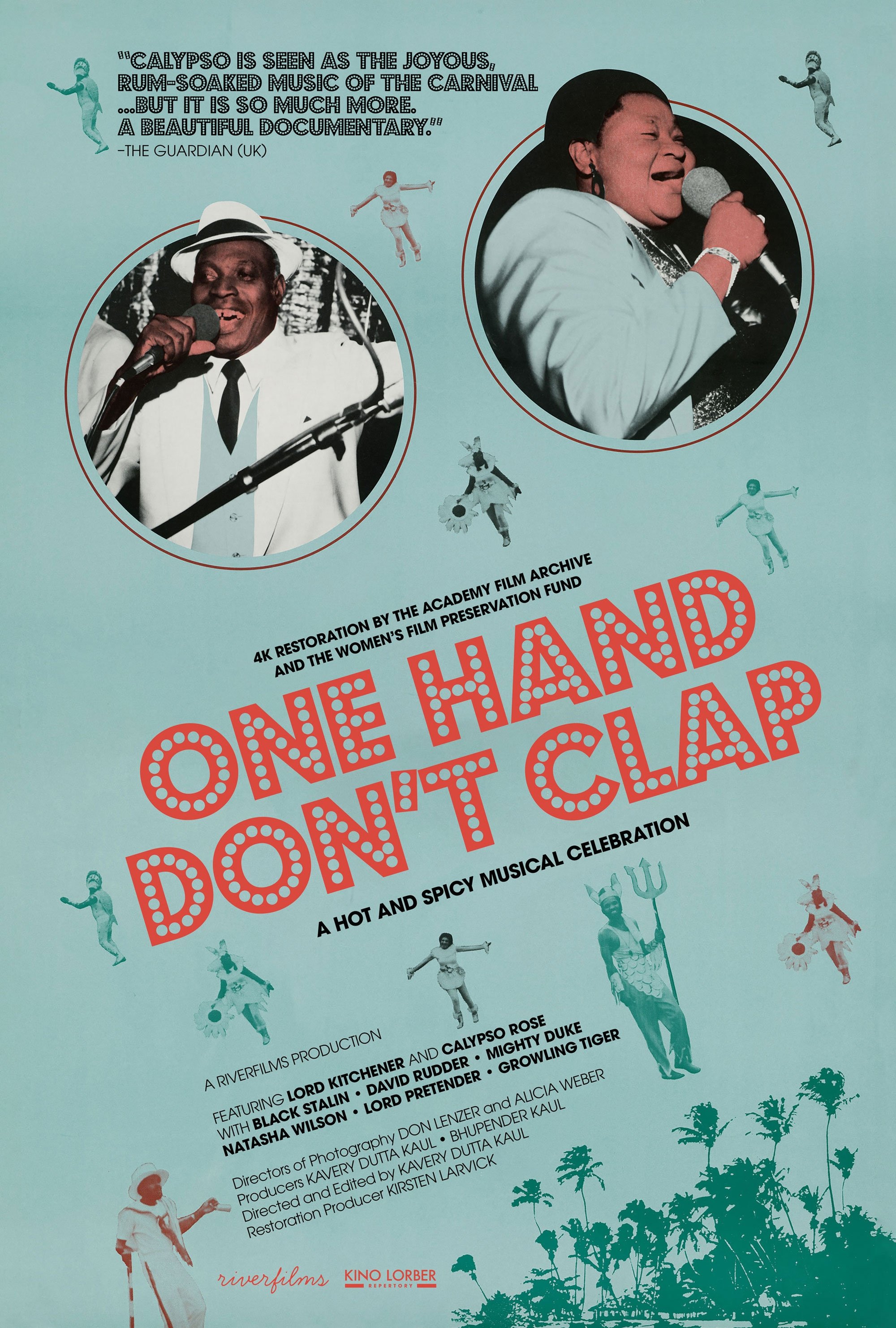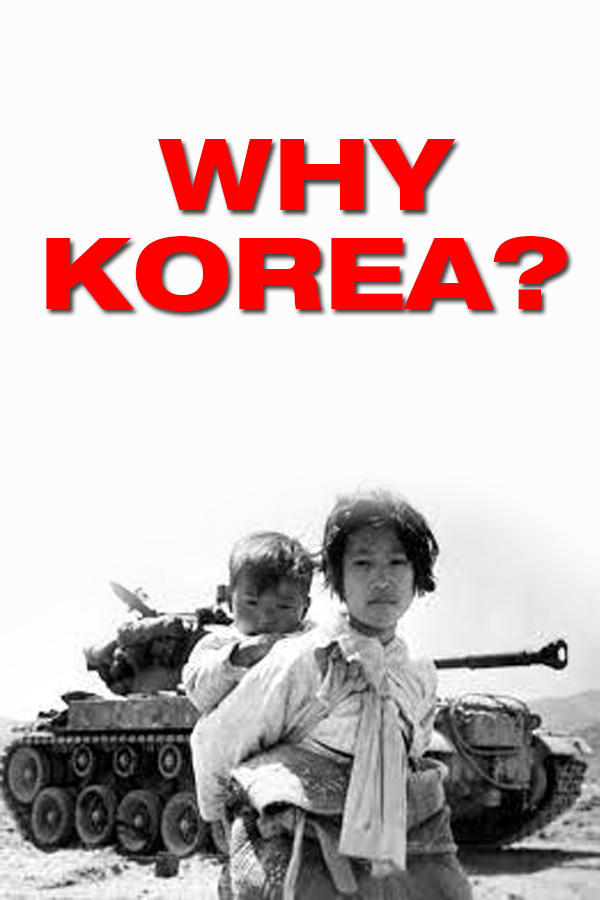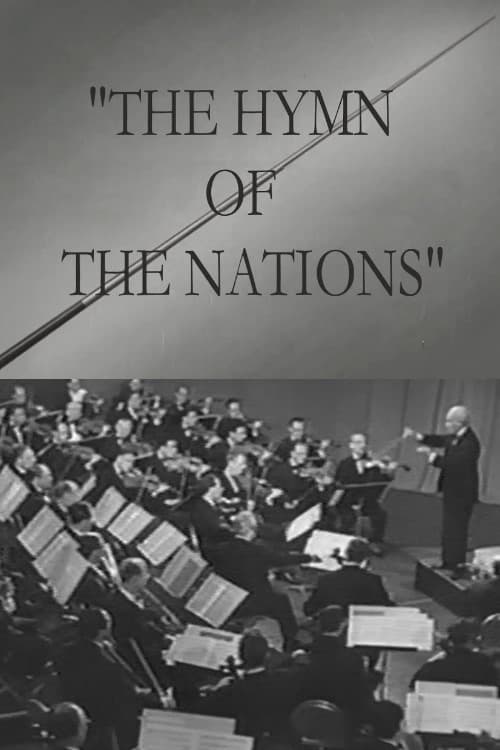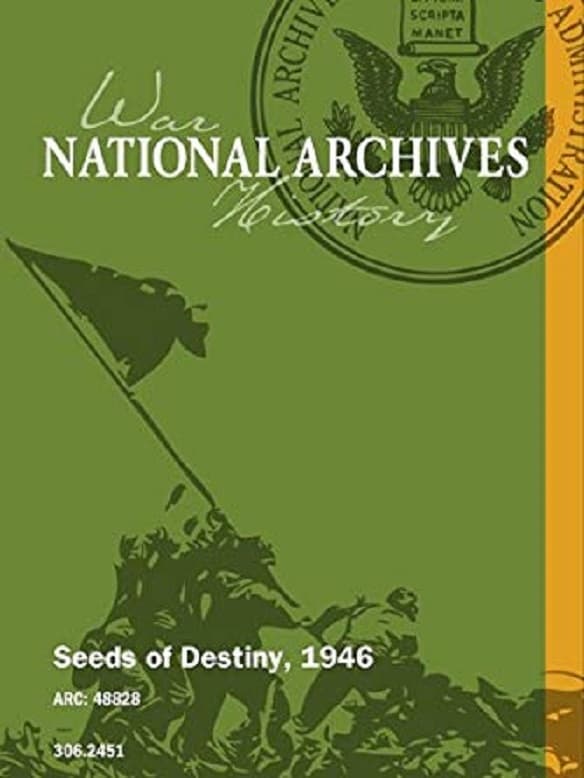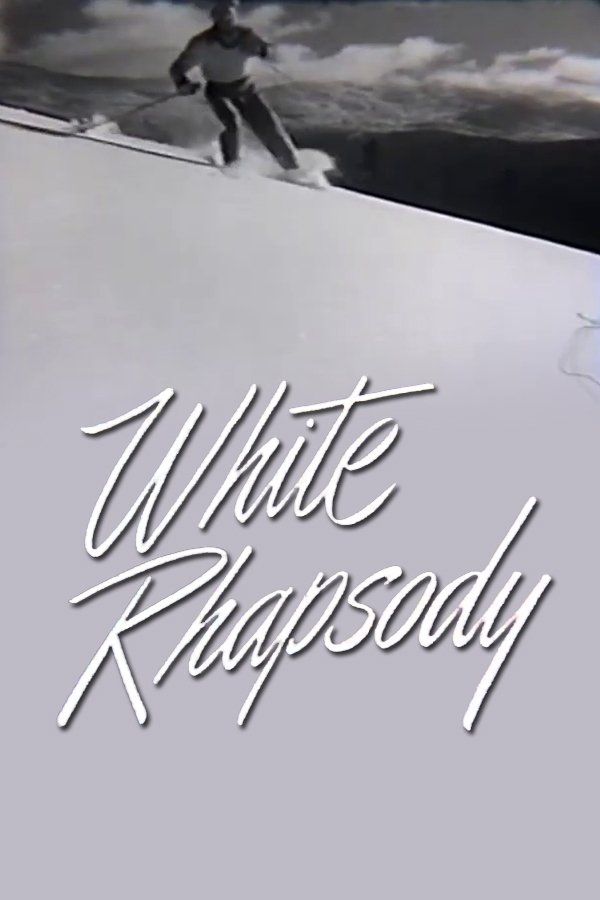
White Rhapsody (1945)
Overview
White Rhapsody is a 1945 short film directed by Jack Eaton, with Ted Husing narrating. The film explores the popular sport of skiing. It was nominated for an Oscar in the category Best Short Subject, One-Reel. Preserved by the Academy Film Archive in partnership with UCLA Film & Television Archive in 2013.
Production Companies
Additional Info
| Budget | $0.00 |
|---|---|
| Revenue | $0.00 |
| Original Language | en |
| Popularity | 0.359 |
Directed By
Jack Eaton
Crew
Jack Eaton
TOP CAST
Ted Husing
Narrator
Similar Movies
God Respects Us When We Work, But Loves Us When We Dance
Les Blank's poetic documentation of 1967's Los Angeles Easter Sunday Love-In. Preserved by the Academy Film Archive in 2002.
The Town
The Town was a short propaganda film produced by the Office of War Information in 1945. It presents an idealized vision of American life, shown in microcosm by Madison, Indiana. It was created primarily for exhibition abroad, to provide international audiences a more well-rounded view of America, and was therefore produced in more than 20 translations. Preserved by the Academy Film Archive in 2012.
It's Your War Too
Documentary short film detailing the history of the American Women's Army Corps, the WACS. Preserved by the Academy Film Archive, Academy War Film Collection, in 2009.
Prices Unlimited
Two young women, frustrated by war rationing, have a dream illustrating the likely results on prices in America should the measure were prematurely lifted. Preserved by the Academy Film Archive in 2008.
The Sun's Gonna Shine
A lyrical recreation of Lightnin’ Hopkins’ decision at age eight to stop chopping cotton and start singing for a living. Preserved by the Academy Film Archive in 2013.
Appointment in Tokyo
Produced by the Army Pictorial Service, Signal Corps, with the cooperation of the Army Air Forces and the United States Navy, and released by Warner Bros. for the War Activities Committee shortly after the surrender of Japan. Follow General Douglas MacArthur and his men from their exile from the Philippines in early 1942, through the signing of the instrument of surrender on the USS Missouri on September 1, 1945. Preserved by the Academy Film Archive in 2013.
Hoop Dreams
Every school day, African-American teenagers William Gates and Arthur Agee travel 90 minutes each way from inner-city Chicago to St. Joseph High School in Westchester, Illinois, a predominately white suburban school well-known for the excellence of its basketball program. Gates and Agee dream of NBA stardom, and with the support of their close-knit families, they battle the social and physical obstacles that stand in their way. This acclaimed documentary was shot over the course of five years.
Hats Off to Hollywood
Picking up the story first presented in I Don’t Know (1970), Hats Off to Hollywood (1972) brazenly and brilliantly mixes documentary reality with fully staged recreations/reimaginings of episodes in the lives of Jennifer and Dana, a loving, bickering couple who challenge the notion of homonormativity. Drugs, poverty, disease, bigotry and prostitution all figure into this disarmingly candid and often hilarious film, a remarkable work that is the apotheosis of director Spheeris’ early work, and a luminous signpost leading directly to The Decline of Western Civilization (1979-1997). Preserved by the Academy Film Archive in 2012.
Churchill's Island
The people of Britain resist the German air force and navy with help from North America. Preserved by the Academy Film Archive in partnership with Library and Archives Canada in 2005.
Henry Browne, Farmer
Henry Browne, an African American farmer, and his family are profiled in this film. The important job of a farmer during times of war is highlighted, specifically his efforts growing peanuts and cotton. This role is made even more poingnant when they visit the eldest son who is a cadet in the 99th Pursuit Squadron.
Primary
Primary is a documentary film about the primary elections between John F. Kennedy and Hubert Humphrey in 1960. Primary is the first documentary to use light equipment in order to follow their subjects in a more intimate filmmaking style. This unconventional way of filming created a new look for documentary films where the camera’s lens was right in the middle of what ever drama was occurring. Preserved by the Academy Film Archive in partnership with The Film Foundation in 1998.
City of Wax
City of Wax is a 1934 American short documentary film produced by Horace and Stacy Woodard about the life of a bee. It won the Oscar at the 7th Academy Awards in 1935 for Best Short Subject (Novelty). Preserved by the Academy Film Archive in partnership with the UCLA Film and Television Archive in 2007.
Wings Over Everest
A documentary about the first flight over Mt Everest. Preserved by the Academy Film Archive in partnership with UCLA Film & Television Archive in 2014.
Camera Thrills
Academy Award nominated short film. Preserved by the Academy Film Archive in partnership with Library of Congress Motion Picture, Broadcasting, and Recorded Sound Division in 2012.
At the Front in North Africa with the U.S. Army
Documentary depicting and explaining the Allied campaign against the Germans in North Africa. Preserved by the Academy Film Archive in partnership with the UCLA Film & Television Archive in 2013.
One Hand Don’t Clap
Kavery Kaul’s engaging documentary traces the history of calypso and soca music from their birth in the African-East Indian traditions of Trinidad and Tobago through its worldwide diaspora, including its popularization in the 1950s by Harry Belafonte and the new independent distribution networks that arose to serve the expatriate community in the 1980s. North American restoration premiere at To Save and Project: The 19th MoMA International Festival of Film Preservation on January 27 and 31, 2023. Digital restoration by the Academy Film Archive and the Women’s Film Preservation Fund of New York Women in Film & Television; courtesy of Riverfilms.
Why Korea?
This film examines the reasons why the United States decided to engage in the Korean War. Scenes describe Russia's attempt to gain power following World War II (Korea included), and its refusal to allow free elections in the country. Footage shows Soviet-backed North Korean troops' movement into South Korea on June 25, 1950, the United Nations' response, and the armed struggle against both North Korean and later Chinese troops led by General Douglas MacArthur. Preserved by the Academy Film Archive in partnership with Twentieth Century Fox Film Corporation in 2005.
Hymn of the Nations
Hymn of the Nations, originally titled Arturo Toscanini: Hymn of the Nations, is a 1944 film directed by Alexander Hammid, which features the "Inno delle nazioni," a patriotic work for tenor soloist, chorus, and orchestra, composed by Italian opera composer Giuseppe Verdi in the early 1860s. (For this musical work, Verdi utilized the national anthems of several European nations.) In December 1943, Arturo Toscanini filmed a performance of this music for inclusion in an Office of War Information documentary about the role of Italian-Americans in aiding the Allies during World War II. Toscanini added a bridge passage to include arrangements of "The Star-Spangled Banner" for the United States and "The Internationale" for the Soviet Union and the Italian partisans. Joining Toscanini in the filmed performance in NBC Studio 8-H, were tenor Jan Peerce, the Westminster Choir, and the NBC Symphony Orchestra. Preserved by the Academy Film Archive in 2010.
Seeds of Destiny
Oscar winning postwar propaganda film in support of the United Nations Relief and Rehabilitation Administration. Strident but poignant, focusing on children. The film surveys the Nazi/Japanese atrocities, post-war devastation and the early relief efforts. This film was responsible for raising over $200,000,000, making it a top moneymaking film. Preserved by the Academy Film Archive in 2005.
